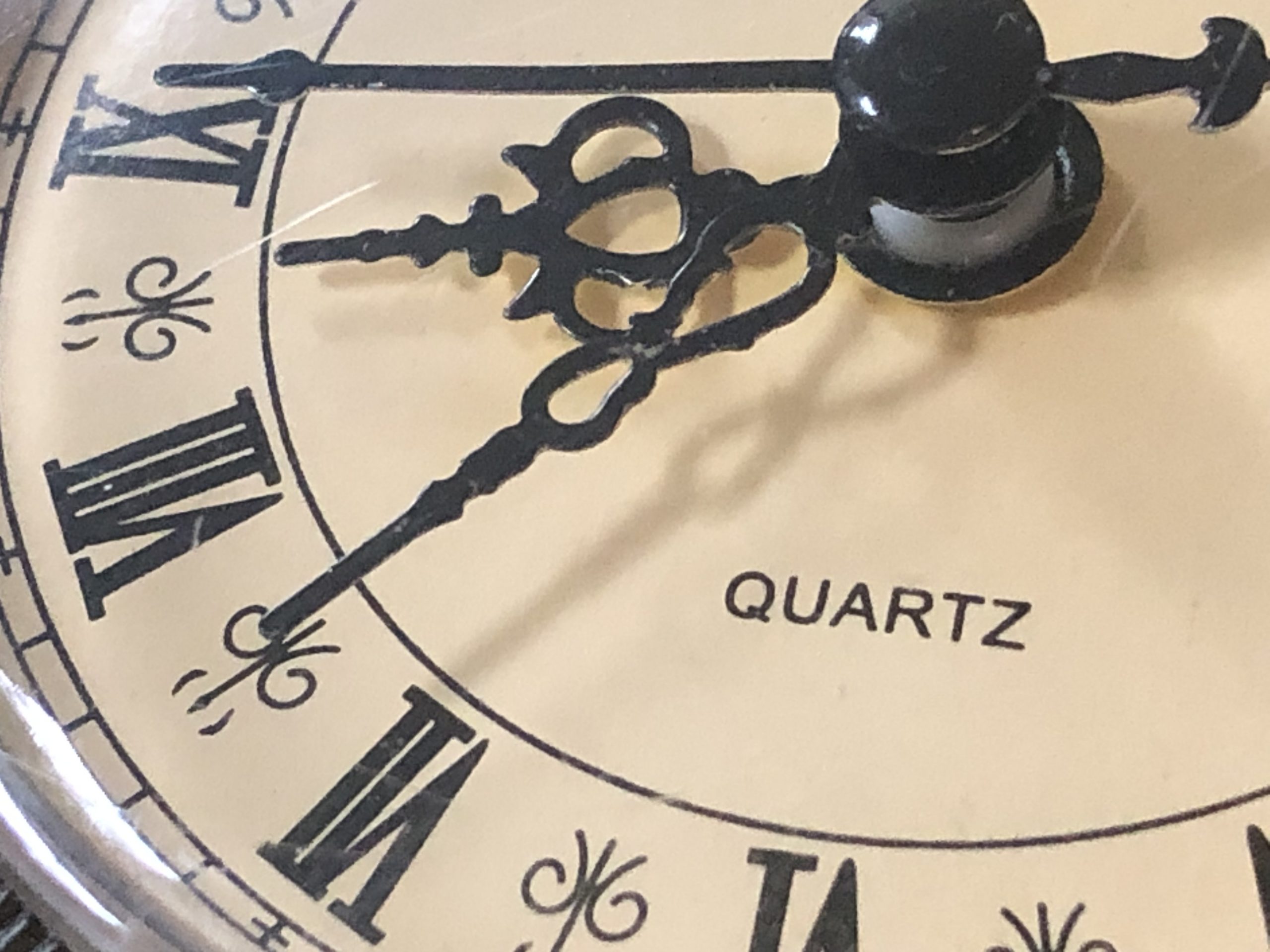Time Limit

In the Western society, which values progress and economy above all, time plays a major role in our language. We can buy time but should not spend time, as time is money. Furthermore, the concept of time and its uses in the English language assist in the construction of a society that is divided and categorized by good times and bad times, and where we need to take the time or make up for lost time. Investigating the etymology of the word ‘time’ leads me to the site etymonline.com, where an aspect of the meaning of ‘time’, especially in its noun form, catches my eye. According to the “[o]ld English, tima [time refers to a] “limited space of time, [furthermore, the term time] ” … from PIE [means]*di-mon-, a suffixed form of the root *da “to divide.””
In following the understanding that time places limits on space, and that the suffixed form of time, when it is attached to other words, is to divide, the true essence of time is unveiled. Time’s main purpose, in the English language, is to limit space and establish division. One might ask,
How is time, with its linguistic intention to limit and divide, able to affect our societal structure and ways of knowing?

By thinking with the linguistic idea behind the concept of time, we can understand how our society is using the term ‘time’ to establish a timeline for growth; a linear perception which separates and divides all aspects of our lives. The language used to describe time separates, categorizes, and divides all aspects of life and affects our ways of knowing, as language is the vehicle for sharing ways of knowing.

Contrary to the perception of time in the English language, Hebrew approaches time as ‘being dispositioned’ or available physically and mentally for the other. The word time, in the Hebrew language, does not separate or divide, it is actually bringing people together, and the word itself indicates its purpose.
Reference:
Etymonline – Online Etymology Dictionary. Etymology dictionary: Definition, meaning and word origins. (n.d.). Retrieved October 11, 2022, from https://www.etymonline.com/
